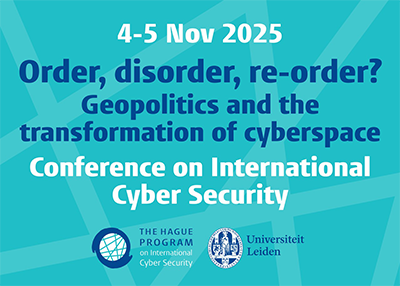
2025 Conference on International Cyber Security
Early bird registration open until 18 September 2025!
Keynotes

Corneliu Bjola
Professor of Digital Diplomacy at the University of Oxford and the Head of the Oxford Digital Diplomacy Research Group
Link to Profile

Myriam Dunn Cavelty
Senior Scientist and Deputy for Research and Teaching at the Center for Security Studies (CSS) at ETH Zurich
Link to Profile

Duncan Hollis
Laura H. Carnell Professor of Law at Temple Law School and co-faculty director of Temple’s Institute for Law, Innovation & Technology (iLIT)
Link to Profile
Registration / conference tickets
Interested to join us in The Hague? Conference tickets are available from 14 July via our online ticketing site.
Tickets: €325 regular price (early bird rate until 18 September: €225); €165 for students/PhD candidates. Tickets can only be bought online, various online payment options available.
The registration fee includes admission to all plenary and parallel sessions, networking reception, conference dinner, lunches and coffee breaks on both days. Please note the conference is in-person participation only.
Please note that the deadline for registration is 20 October 2025!
(PhD) student discount rates
Please contact us with proof of your (PhD) student status at conference@thehagueprogram.nl after you have purchased the discounted (PhD) student rate. Without valid proof, we reserve the right to cancel your registration.
Cancellations
Cancellations must be done in writing and must be received by 20 October 2025 by email to conference@thehagueprogram.nl. Cancellations made before this deadline will be refunded minus an administration fee of €25. Cancellations received after this deadline or failure to attend the event without prior notice will not be refunded.
Program
The schedule will be published in September. The program will consist of four keynotes (by Corneliu Bjola, Myriam Dunn Cavelty, Duncan Hollis and Paul Timmers), and the following presentations during the panel sessions:
- Gil Baram (UC Berkeley), "Re-ordering Accountability: The Geopolitical Significance of Joint Cyber Attribution in a Fragmented Cyberspace"
- André Barrinha (University of Bath) & Arindrajit Basu (Leiden University), "Re-arranging cyber diplomacy's pecking order: the UN Open Ended Working Group and the rise of the 'Global South'"
- Stanislav Budnitsky (Colgate University), "Digital Solidarity: A Metaphor of Global Re-Ordering"
- Anchi Cao (Oxford School of Global and Area Studies), "Data Brokers in the Age of Cyber Disorder: Powerless Paradoxes and the Reordering of Data Broker Governance"
- Raman Jit Singh Chima (Access Now) & Faiz Naeem (Access Now), "Diplomacy, Deal-Making, or Disruption: What Avenues Lie Ahead for Cyber Dialogue for the second half of the 2020s?"
- Elena Cioffi (University of Trento), "Beyond Dependence: Rethinking Europe’s Cybersecurity Infrastructure in Light of Transatlantic Shifts"
- Aanya Dandass (Deutsche Cyber-sicherheitorganisation), "Rules of Engagement: How Offensive Cyber Operations Are Quietly Becoming Normal"
- Natalie Davidson (Tel Aviv University), "Big Tech and the Regulation of the Global Trade in Spyware"
- Jack Goldsmith (Australian National University), "The geopoliticization of open-source software communities: Modelling features, organization, and methods"
- Helena Yixin Huang (S. Rajaratnam School of International Studies), "Redefining Power Dynamics in the Digital Age: Cybercriminals as Rule-Makers in the Southeast Asia Landscape"
- Chimdi Igwe (University College London), "Analysing African engagement in the UN OEWG process through text mining"
- Conner Joyce (Rice University), "Politics in the Dark Web: Mobilization and Radicalization in Cybercrime Networks"
- Liliya Khasanova (Fletcher School of Law and Diplomacy at Tufts University) & Josephine Wolff (Tufts University), "Private and Public Sector Stakeholder Perspectives on the EU AI Act"
- Alina Kontareva (Humboldt Institute for Internet and Society), Franco Tomassoni (CoLABOR), Szymon Pilch (University of Wroclaw) & Maurilio Pirone (University of Bologna), "Between Dependency and Autonomy: European Approach to Platform Companies"
- Tobias Liebetrau (University of Copenhagen) & Linda Monsees (Institute of International Relations Prague), "Small State, Big Impact: How Czechia and Denmark Navigate Cybersecurity in a Transforming Digital Space"
- Bo Ma (Nanjing University), "Navigating Cyber Sovereignty and Security: China's Evolving Legal and Normative Strategy in Cyberspace"
- Anna Oriishi (Institute for Information and Communications Policy, Japan), "Reordering Global Governance through Submarine Cable Diplomacy: U.S. Foreign Policy and Infrastructural Geopolitics"
- Apolline Roland (Virtual Routes) & James Shires (Virtual Routes), "Beyond persistent access: the infrastructural logics of state-sponsored digital espionage"
- Ksenia Rundin (Stockholm School of Economics) & Jonas Colliander (Stockholm School of Economics), "Liveness, (Dis-)Loyalty, and Legitimacy: Russian War Bloggers and the Narrative Reordering of Cyberspace"
- Matthias Schulze (Institute for Peace Research and Security Policy at University of Hamburg) & Ondrej Rosendorf (Peace Research Center Prague), "Offensive Cyber-postures and the risk of escalation"
- Saeideh Shariati Najafabadi (Cihan University) & Anwar Braem Abdulrahman Sherwani (Polytechnic University Erbil / Cihan University), "Cybersecurity and Strategic Autonomy in Iran: Navigating US Pressure through Digital Resistance and Innovation"
- Miftahul Ulum (University of Muhammadiyah Jakarta), Tamara Nair (Nanyang Technical University Singapore), Jompon Pitaksantayothim (Hankuk University of Foreign Studies), Bora Park (Institute for National Security Strategy, South Korea) & Faby Izaura Y Barus (ASEAN Institute for Peace and Reconciliation), "Fragmentation and Re-ordering in ASEAN Cybersecurity: Between Normative Ambitions and Geopolitical Realities"
- Hannah-Sophie Weber (University of Oxford), "Friendly foes: How emerging cybersecurity communities cushion geopolitical turmoil"
- Liling Xu (Royal Holloway, University of London) , "Routes and Roots: Navigating Cybersecurity and Geopolitical Shifts in the Arctic Digital Frontier"

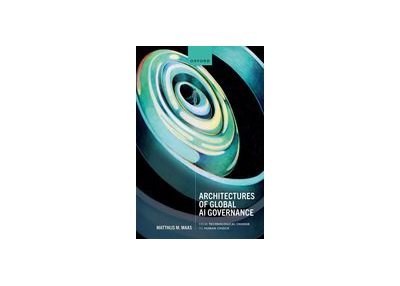

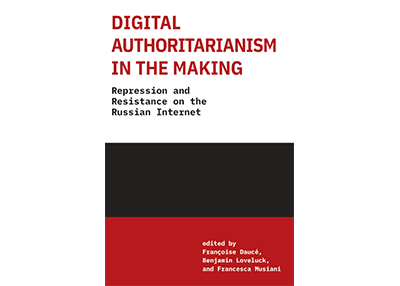
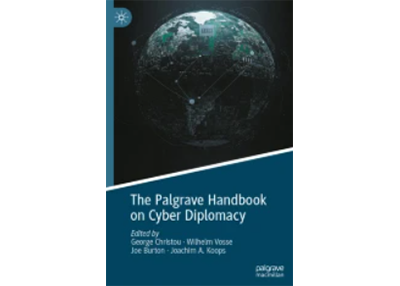
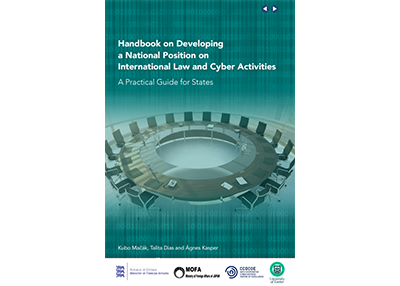
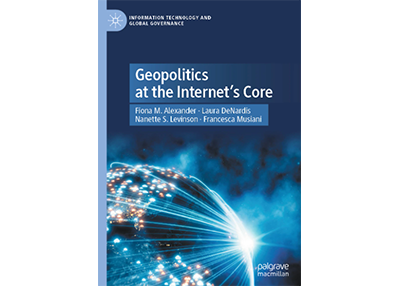
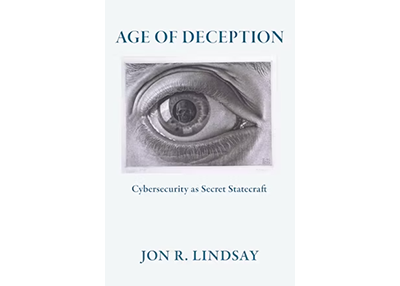
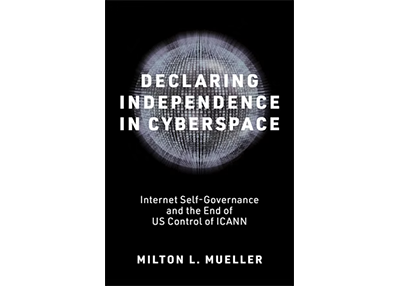
















































.png)
















